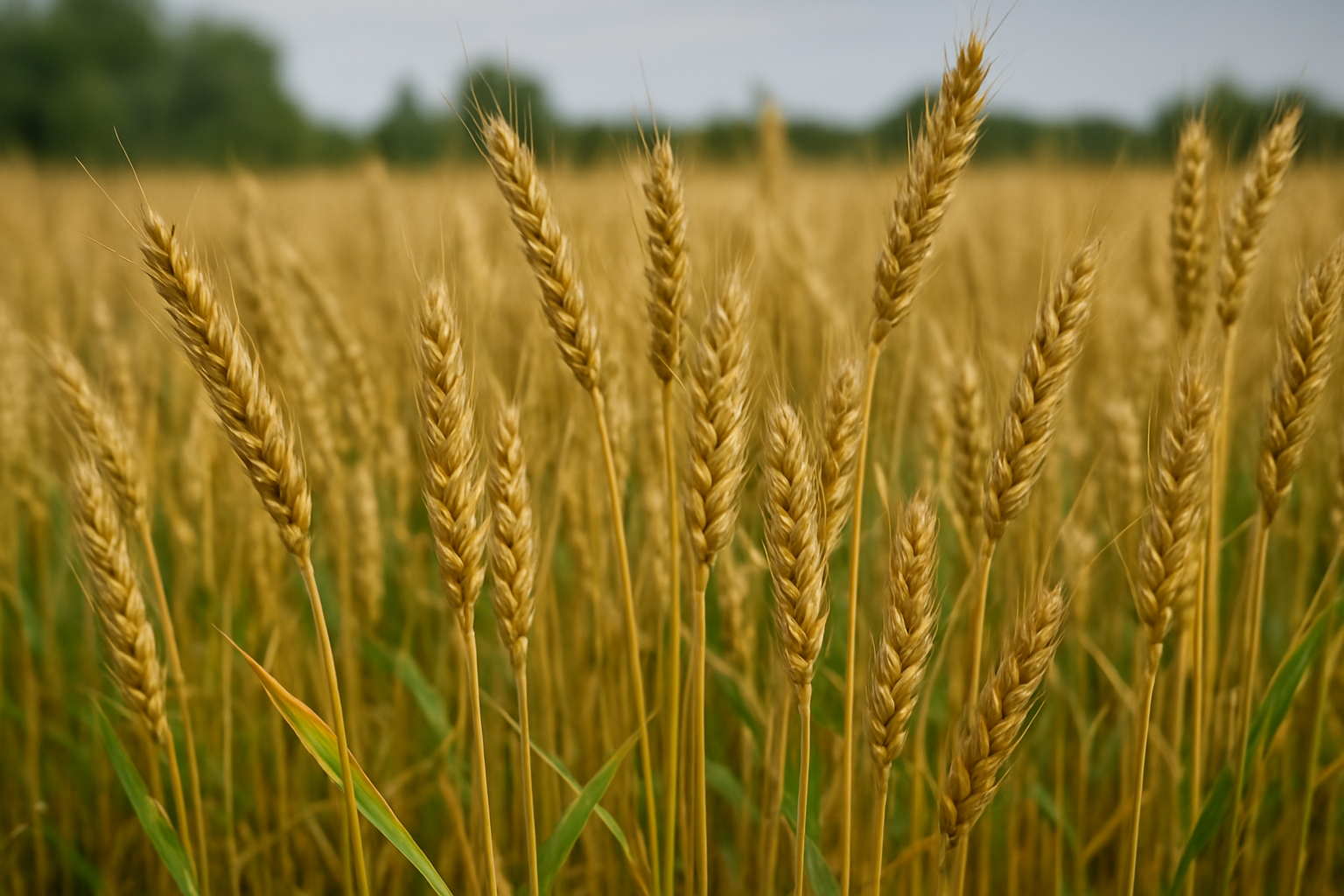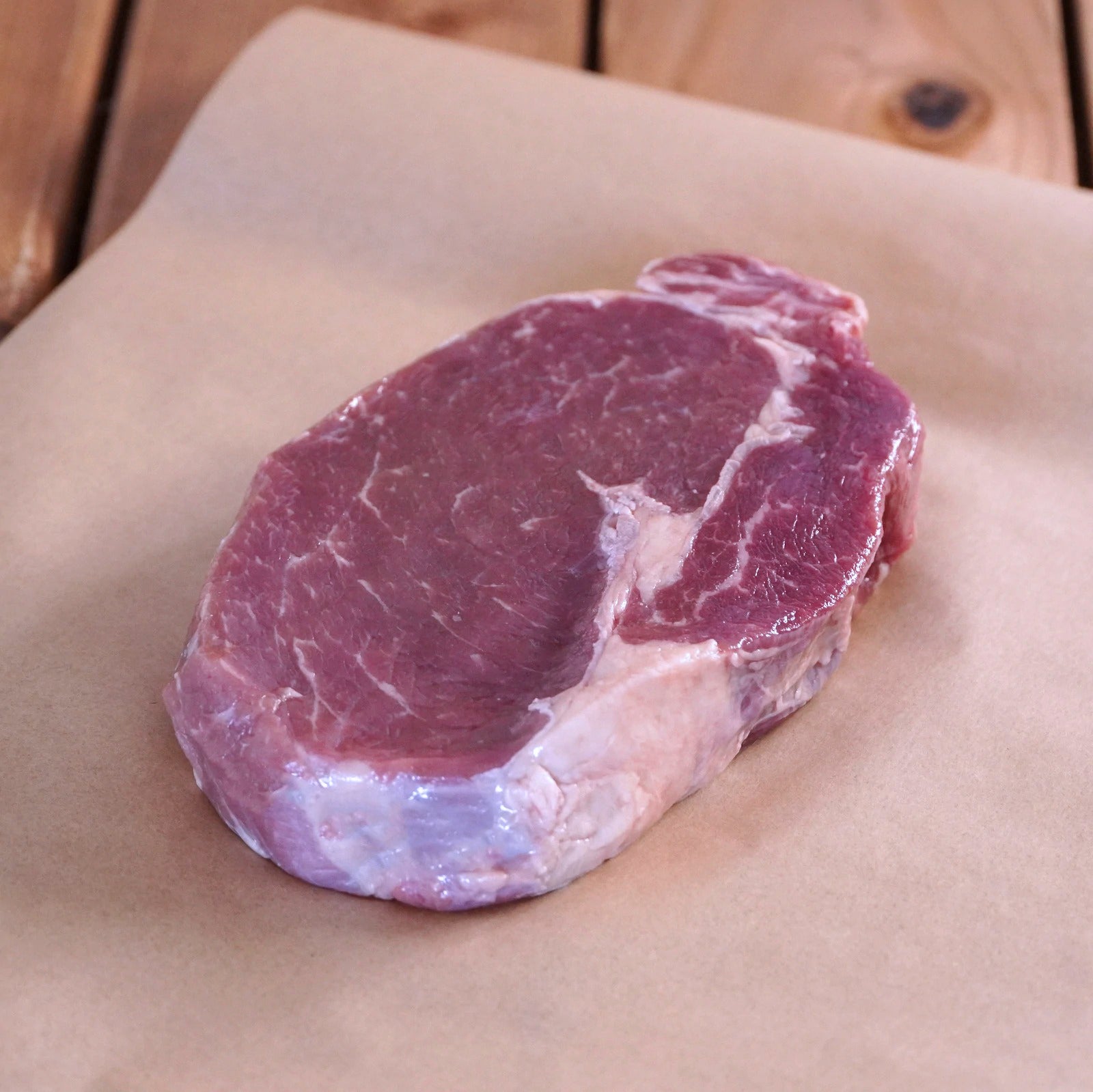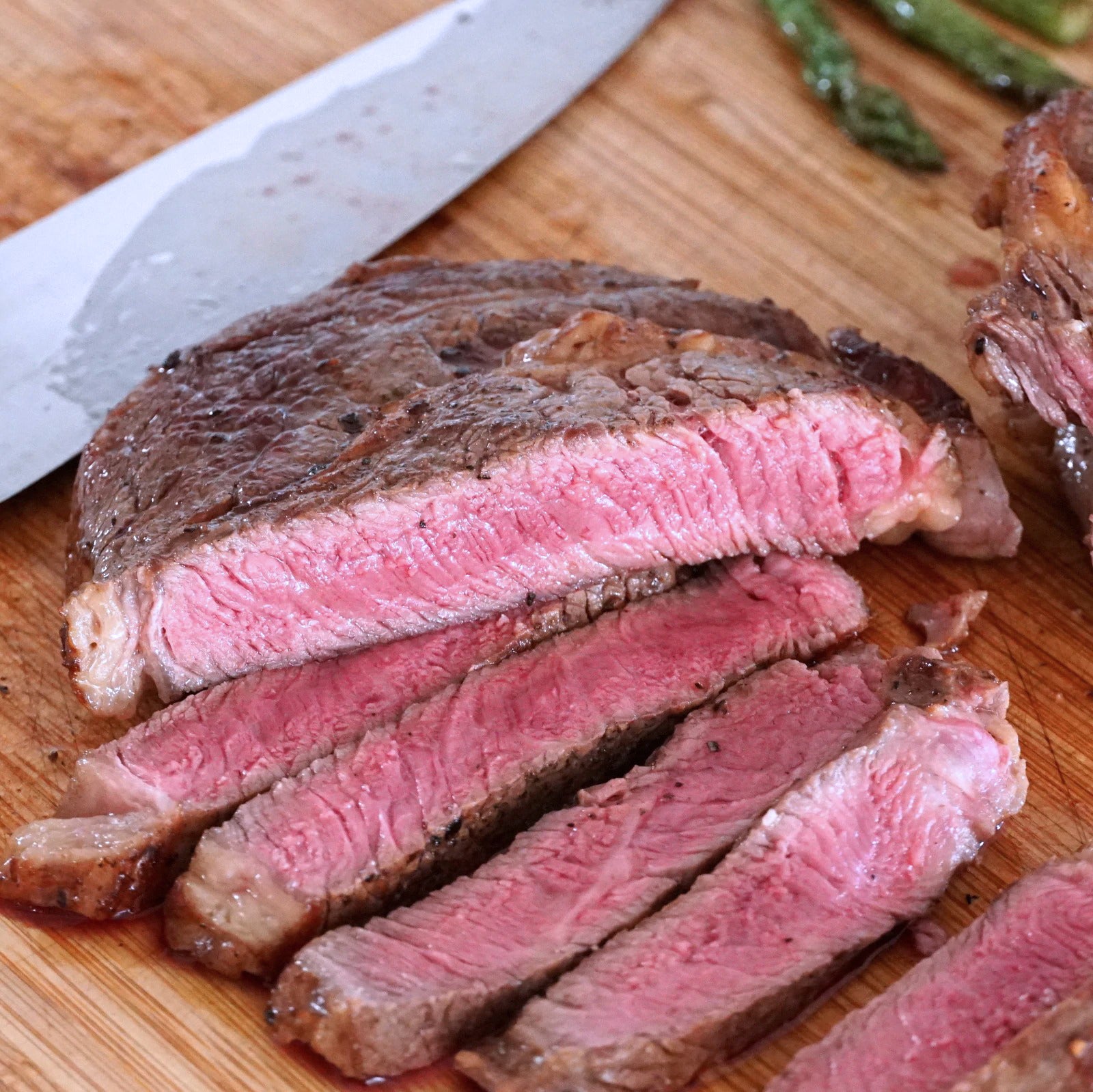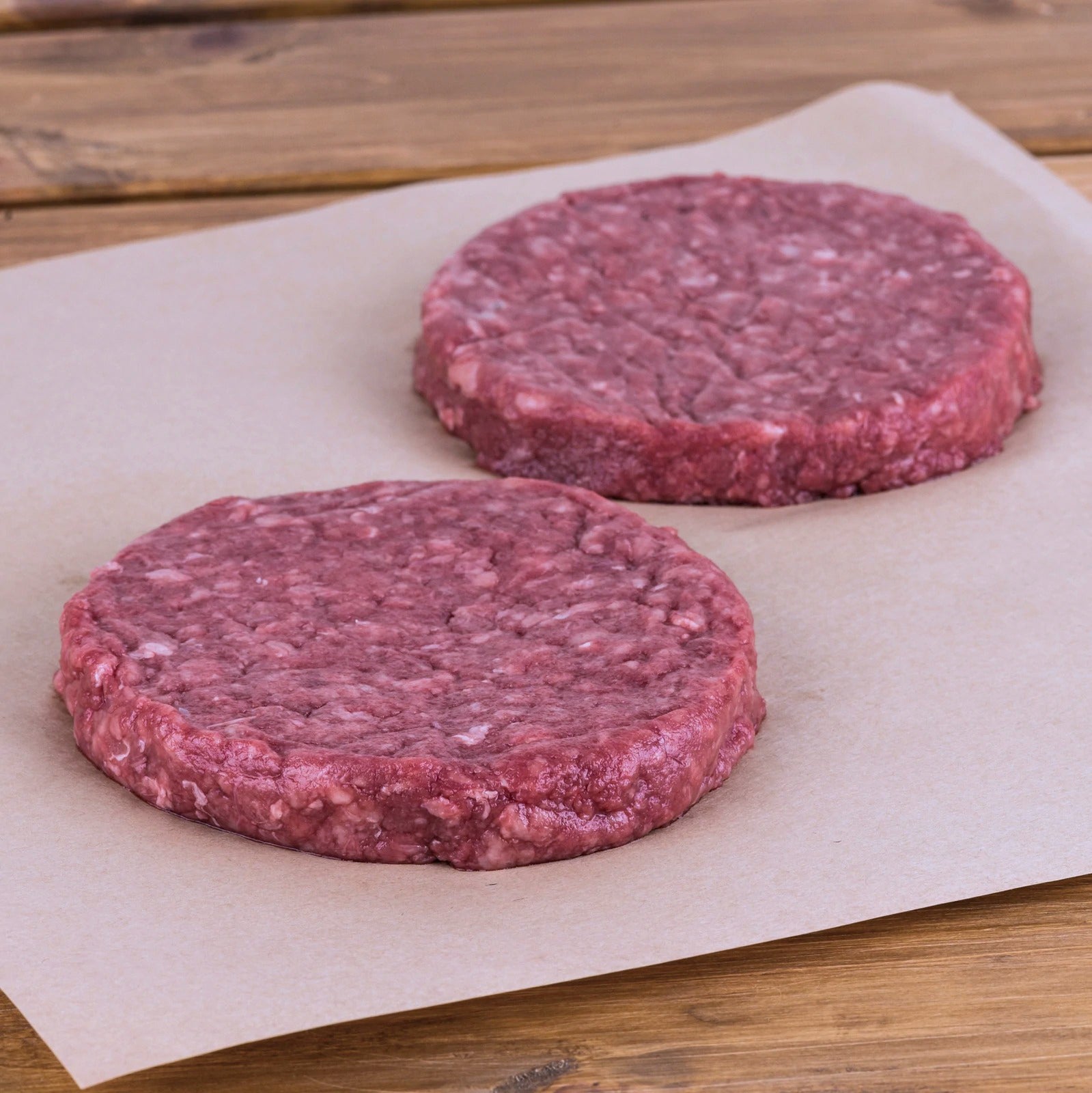What is Grass-Fed Beef?
1. Raising Conditions
There are no specific raising requirements for grass-fed beef. At Horizon Farms, we exclusively provide meat sourced from pasture-raised cattle that have the freedom to graze in natural surroundings and are nourished with an entirely grass-fed diet. Furthermore, we exclusively source beef from farms committed to upholding the welfare of animals. Our aim is to deliver food that is both safe and exceptionally nutritious and tasty.
2. Feed
Grass-fed beef signifies that the meat primarily originates from cattle that have been nourished with grass. The grass-fed beef offered by Horizon Farms is not just GMO-free, but is also subject to stringent quality standards, assuring our customers a safe and dependable meat consumption.
3. No Growth-Promoting Hormones or Antibiotics
Normally, there are no specific rules governing the use of growth hormones or antibiotics in beef labeled as "grass-fed beef." However, at Horizon Farms, we assure you that our beef is entirely free from growth hormones and antibiotics, providing a dining experience that can be savored with complete peace of mind.
4. Nutrition
As grass-fed cattle primarily feed on grass, the resulting meat is abundant in essential nutrients like Omega-3 fatty acids, vitamin E, and vitamin A. Additionally, it is renowned for its low fat content and minimal saturated fats, rendering it a health-conscious choice.
What is Organic Beef?
1. Raising Conditions
Organic beef is sourced from cattle that are raised on organic soil that has not been treated with pesticides or chemical fertilizers. They are not necessarily free-range, but there are usually standards and regulations that organic beef producers must adhere to (i.e. they must be provided access to the outdoors for certain periods of time).
2. Feed
Organic beef is from cattle that have been fed only organic certified feed. However, this does NOT necessarily mean they are grass-fed. The feed is highly regulated, but there are no rules restricting the diet to grass.
3. No Growth-Promoting Hormones or Antibiotics
Administration of growth-promoting hormones and sub-therapeutic antibiotics is strictly prohibited for organic beef.
4. Organic Certification
Organic beef earns their unique label by adhering to stringent regulations from government and independent organizations which guarantee specific production methods. These standards prohibit synthetic pesticides, GMOs, antibiotics, and growth hormones, while emphasizing soil, water, and biodiversity preservation. Organic certifications serve as an indicator of the quality and safety of the food. Obtaining organic certification requires significant cost and effort, which is why organic beef tends to be more expensive.
In Conclusion
Both organic beef and grass-fed beef have their own distinct characteristics which provide a variety of health or dietary benefits. Your selection between the two depends on your personal values and individual preferences. Explore our wide selection of high-quality grass-fed beef here.
Disclaimer: Please note that while our explanations are correct they are very simplified for shortness and understanding. We encourage you to do further research on this topic.
 |
About the author: Sam Tumeh (Founder & CEO of Horizon Farms, Inc.) has joined the consumer food and meat industry of Japan in 2010. |






















